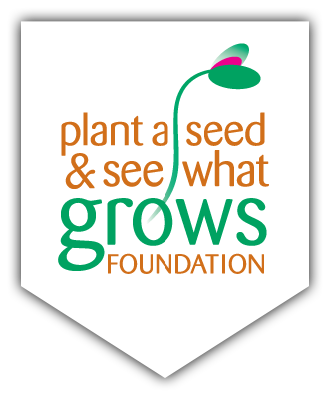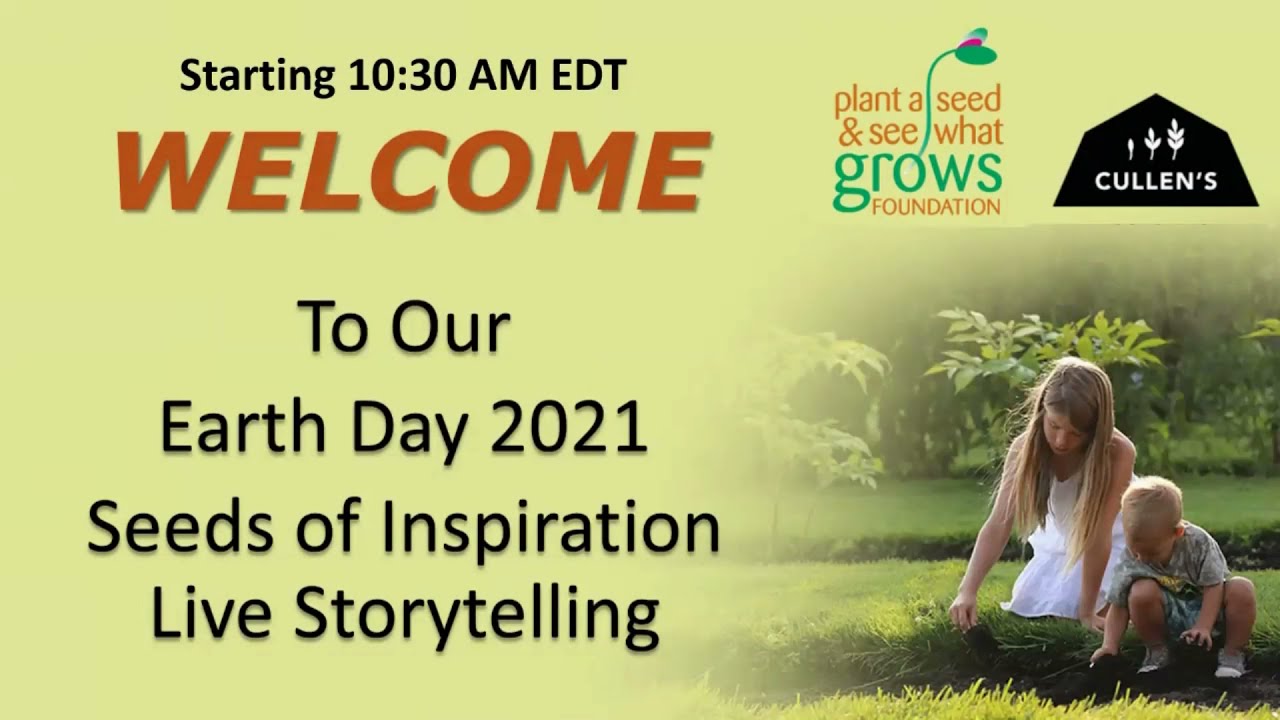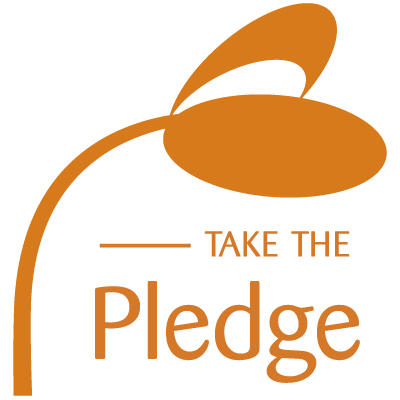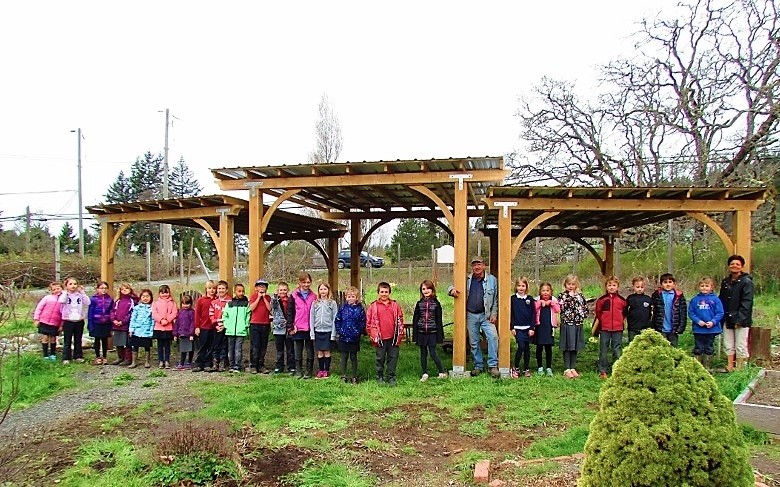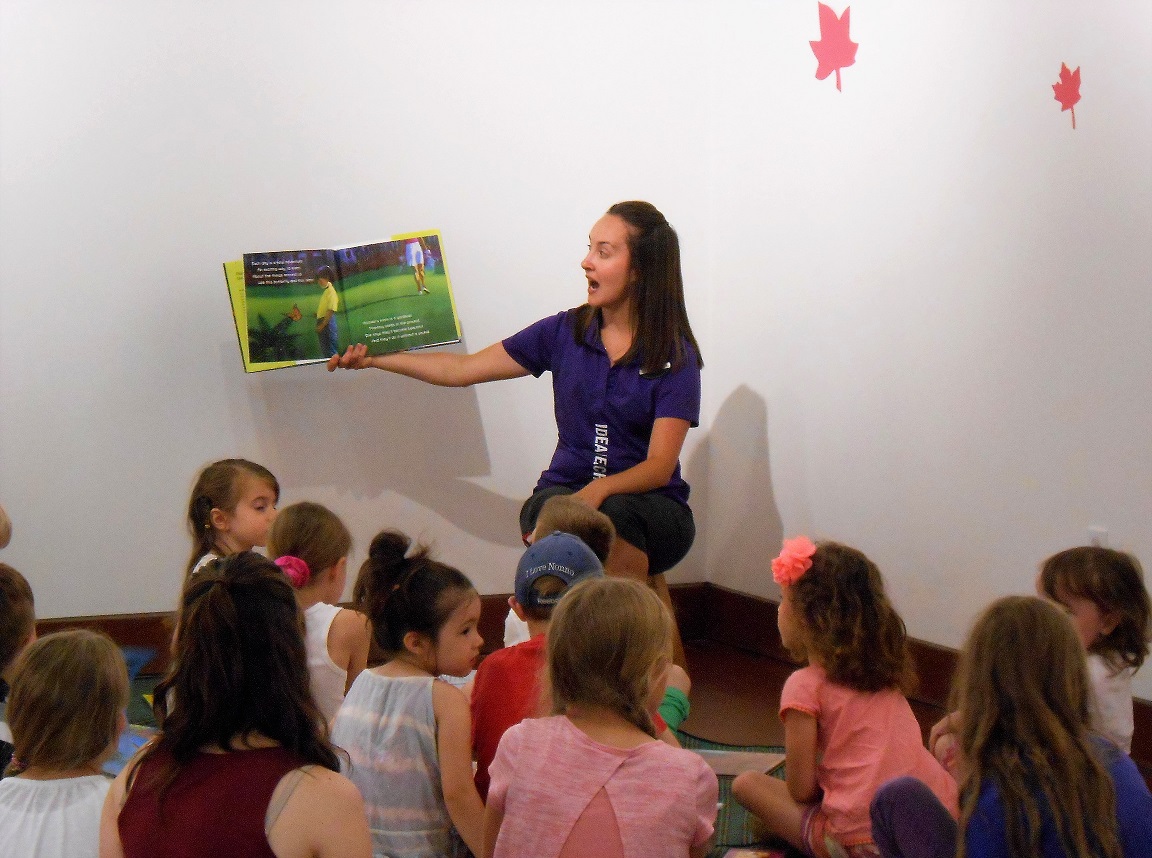How to Teach Kids to be More Inclusive
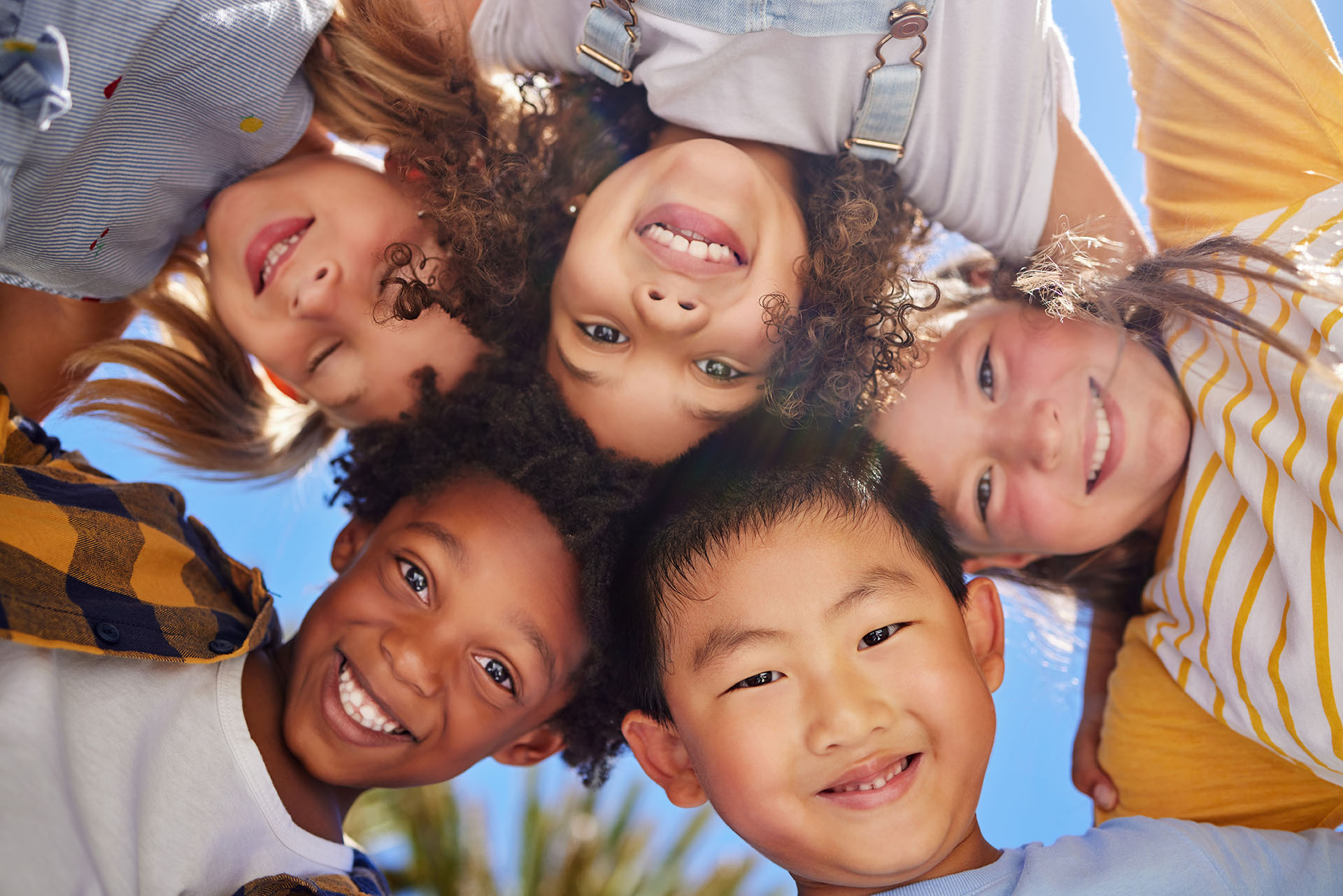
While great strides have been made to prevent childhood bullying, there is certainly room for further growth towards greater compassion and understanding. For instance, children know to never make fun of a classmate for having a disability, but they may not include them in activities on the playground. There is rarely ever any malicious intent in excluding those who exhibit differences. Instead, varying feelings of fear, uncertainty, and discomfort keep them from connecting to any peer who diverges from what is perceived to be the norm. As a result, both “parties” miss out on what could be an amazing friendship.
Parent and educators have struggled with how to teach kids to be more understanding of children who live with physical, cognitive, and/or behavioral differences since the beginning of time. Having worked tirelessly to inspire and promote wellness for kids across Canada, the Plant a Seed & See What Grows Foundation has insight into the matter. We have seen firsthand how some methods work better than others, with immersive experiences generally being more effective than verbal-only appeals for empathy. Read ahead to learn more!
3 Powerful Tips to Teaching Your Kids/Students to be More Inclusive of Children Who Have Differing Abilities and Behaviors
Follow Someone’s Inspiring Journey
There are no shortages of movies and TV shows for kids to consume that explore the theme being discussed here today. But at the end of the day, they are watching actors on the screen and thus the message does not reverberate into their consciousness (and subconscious) in a sustainable manner. But when your kids take the time to learn about the experiences of real children who have struggled not just with disabilities and disorders, but bullying and/or being left out, they will develop more compassion. When these experiences are communicated by the children themselves, the message is all the more powerful. Need an example? Look no further than superhero Jaylen Arnold, who our Foundation featured in a recent Inspiring Minds, Inspiring Finds segment:
Jaylen is a self-described “differently abled kid:” who suffers from Tourette’s Syndrome, Aspergers Syndrome, and Obsessive Compulsive Disorder, a cocktail that led to bullying and exclusion in public school:
“My parents have always protected my environment by sending me to a smaller school. At my school everyone was accepting and loving to me. We are like a family. When I was in 2nd grade, I decided I wanted to go to a much larger school. As the Bullying started, my disorders got way worse with the stress. The doctors say my disorders cause me to have a lot more severe ticcing with stress. I witnessed so much fighting, disrespect and ugliness. I was intimidated for the other kids to see my “tics” and know that I was different. I was trying so hard to hold them in. I would go to the hall and try to get them out. Eventually, I couldn’t hold them in. It’s like a big sneeze…you can hold it for a few seconds, but then it just blows out really hard. BAM! I was soon “ticcing” all day long. The other kids were mocking and copying my tics. Soon after, the teacher put a little sign on me that said I had a medical condition, Tourette Syndrome. The teacher thought she was helping me. It was embarrassing because the kids then knew I had something wrong. Before that, they thought my noises and movements were me being a class clown. I was okay with that, as long as they didn’t know the truth! “
Jaylen’s heartbreaking accounting is unfortunately common. However, how he was able to grow from his experiences is the takeaway that we want everyone to focus on. At just 8 years old he formed the foundation JaylensChallenge – Bullying No Way! as a means educate and inspire children of all-ages to be more empathetic, understanding, and inclusive. Have your child/children learn more about Jaylen (or others like him) and follow along on his journey.
Get Them Involved in Inclusive Activities
Your child/kids may not be ready to be the first in their friend group to invite the differently abled (to borrow from Jaylen) to join in on whatever fun they’re having. That’s OK. It takes time for some. You can give them a gentle nudge forward by getting them involved in local activities that are inclusive to all. For instance, there are community and school gardens in many cities that have created safe and accessible spaces where children from all walks of life gather together in nature. If there are none near you, work with your kids to help start one by following these directions. Beyond community/school gardens there are organized coed sports, events, and day-camps for youth that are developed to be inclusive. Call, visit the website of, or head on over to community centers in your locale to discover what’s available.
Lead by Example
In our recent article on what parents can do to promote healthy observational learning, we discussed how adolescents learn by watching others, retain the information, and subsequently replicate behaviors that were observed. It’s a powerful method that is very applicable to today’s topic . If you as a parent (or teacher) get involved in working to support children and people who live with varying abilities, your child will take notice and be inspired. There are organizations in your area that will be more than happy to have you devote just a few hours a month to help out. Those hours can have a lifelong impact not just on the recipients of support, but your kids too!
The Plant a Seed & See What Grows Foundation works tirelessly to inspire and promote holistic health and wellness for kids across Canada. Help us help the next generation by pledging your support too! View more on how you can get involved.
